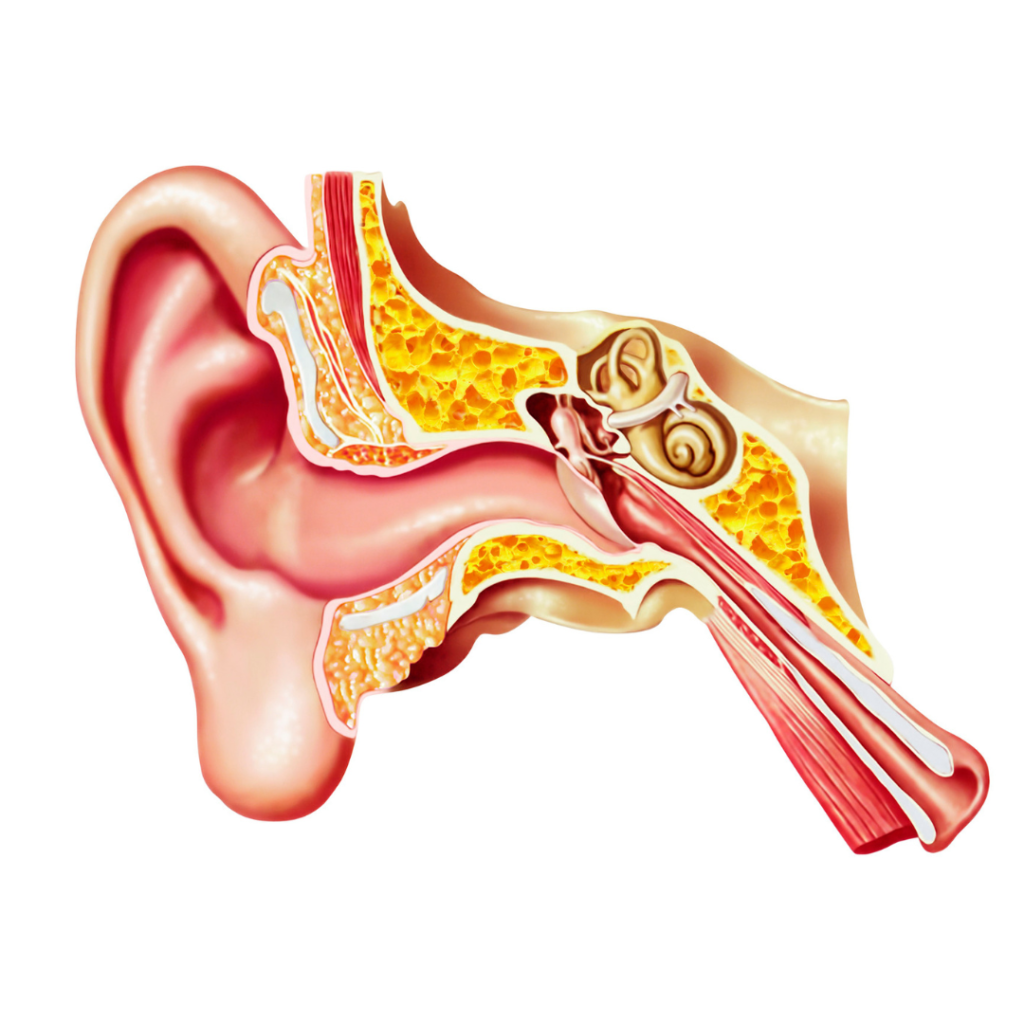Roland, our newest member at Northside physio, has just completed his training in vestibular dizziness and vertigo. Here is some general information about the vestibular system and dizziness that may help you to get the right treatment for your dizziness.
What is the vestibular system?
The vestibular system is an organ in the inner ear that is designed to detect movement of the head and your position in relation to gravity through microscopic hairs. These hairs detect movement of fluid in 3 separate loops, called semicircular canals, in each ear as you move your head. Additionally, separate vestibular organs called the utricle and saccule crystals to weigh down and put pressure on these hairs in the direction of gravity or movement – the same way you would use the bubble in a spirit level to check if something is level.

What is Benign Paroxysmal Positional Vertigo (BPPV)?
BPPV or Benign Paroxysmal Positional Vertigo is a common condition where heavy crystals from the Utricle fall into the semicircular canals and get stuck. This commonly occurs with changing position such as rolling over in bed and going from sitting to standing.
Often people will get dizziness and a sense of spinning while rolling in bed, sitting up from lying or looking up. This is caused by the heavy crystal moving over the hair and over stimulating the one ear. Due to the over stimulation, the ear gives misleading information to the brain, which can give people a false sense of movement, hence causing the spinning sensation. Risk factors include low vitamin D, history of migraines or Meniere’s disease, a family history or prolonged bed rest.
How can Physiotherapy help?
BPPV is the most common cause of dizziness and vertigo. It can be assessed and treated with specific positioning of the head to reposition the dislodged crystals back into the utricle.
However, there are many other reasons why you may get dizziness and vertigo. A Physio will help you identify contributing factors, potential triggers and causes for your sudden onset of dizziness. A physio will conduct a thorough physical assessment, testing your vision, eye movement and head movement as well as placing you in various positions to determine which side is most affected to further direct treatment. Treatment will usually consist of canal repositioning techniques as well as advice and education for self-management and vestibular retraining.
In some cases, referral to appropriate medical practitioners such as a GP may be necessary to determine if additional medical management or imaging is needed in conjunction with physiotherapy or to rule out any non-musculoskeletal pathologies. If you are getting acute hearing loss, blurred/ double vision or severe headaches associated with your dizziness/ vertigo you should see your GP or local hospital. For more information contact the clinic or ask to speak to Roland to see if you are appropriate for vertigo physio management.